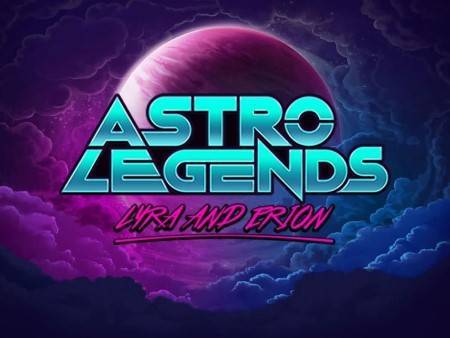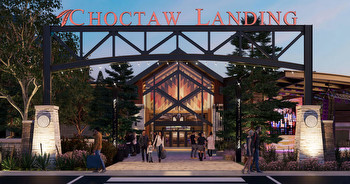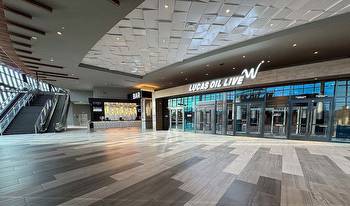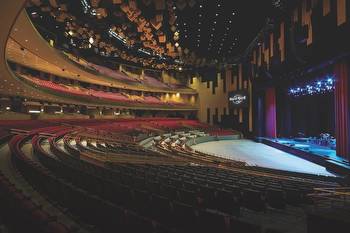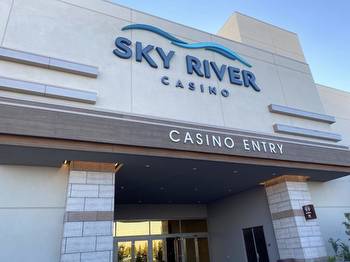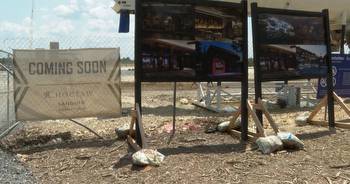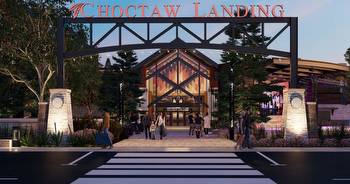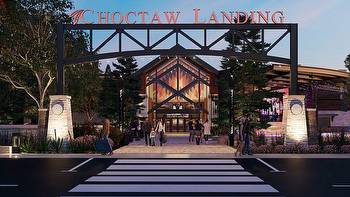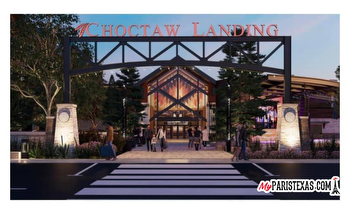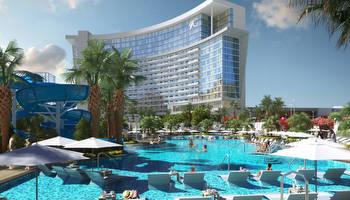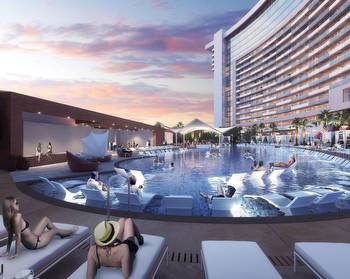VNC Hits The Jackpot With Casino Talent Panel
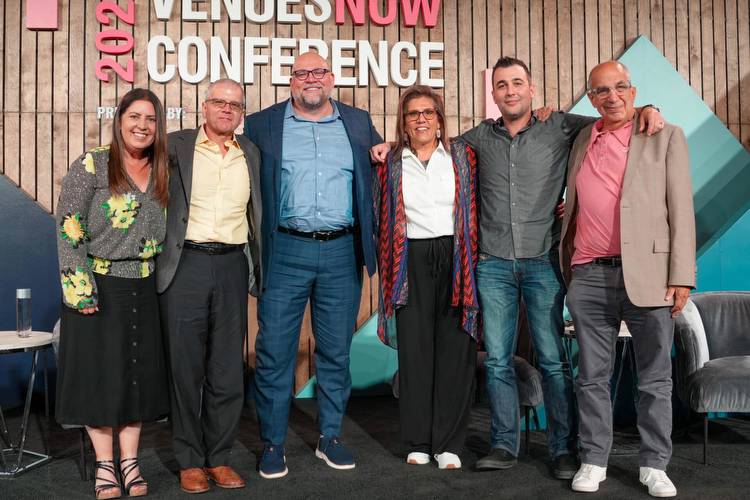
LUCKY STRIKE:The rollicking “Bigger Than The Drop” panel, moderated by the lively and colorful Billy Brill, and included Wasserman Music’s Natalka Dudynsky, casino buyer Steve Selak, Foxwoods’ Christian Printup, Choctaw Casino Resort senior entertainment manager Deana Baker and UTA’s Darius Sabet.
The casino industry has evolved in recent years to increase entertainment offerings on both the artist and venue side, but some things never change.
“It totally depends on the act,” said Darius Sabet, an agent at UTA Music who specializes in casino bookings.
That response was a common one during the “Bigger Than The Drop” casino-focused panel discussion at VenuesNow Conference, which touched on common sticking points between agent and talent buyer. In this particular case, the question was on ticket prices, which casino buyers say have become a point of contention between artists who don’t want to appear greedy and casino venues that want to profit (or at least break even) on hard ticket sales alone.
“We had one venue where I had to say, listen, if you charge those ticket prices, the band is going to get blamed so those have to come down or we’re going to pass,” Sabet said as an example. “I fixed it,” he added, jokingly.
In recent years, casino venue execs have heralded a new era of casino entertainment, one where shows are booked as stand-alone events rather than loss leaders driving gamers to the buffet and slot machines. However, with casinos often featuring small, intimate settings but wanting major artists, making the deal can be a challenge.
“The perception is the casino will pay anything,” said Steve Selak, of Selak Entertainment, a talent buying firm for a handful of casino properties in the U.S. “That’s not necessarily correct.”
Selak acknowledged that new properties looking to make a splash and host high-profile artists may seem to book shows at any cost, but it’s not a sustainable business model or one employed by seasoned casino properties with regular entertainment.
“I’ve noticed that the newer the room, the less concerned they are about the price until it gets to the point where they’re losing a lot of money,” Selak said. “Scaling has become a larger part of every offer we put out. I think that’s changed as the cost of the acts has gone up a little. The artist doesn’t want to look greedy but the casino doesn’t want to lose money.”
Moderator Billy Brill of DWP Talent Services brought some show business flair to the conference and got straight to work, questioning Sabet directly about whether VIP proceeds should go to the venue. “Nope,” was the reply.
“These casinos want to make a profit, they are no longer a bank. The world is changing,” Brill said in his opening remarks, noting hot new talent coming through casino venues including comedians like Theo Vonn, Matt Rife and Shane Gillis. “If we don’t continue to get new entertainment and new acts, what’s going to happen 10 years from now?”
It’s fair to note that casinos need to make back their money as well, with real dollars being invested into new casino properties including Yaamava’ Theater near Palm Springs, The Venue at Thunder Valley near Sacramento, Hard Rock Live in Hollywood, Florida and Hard Rock Live Sacramento. These are standalone theaters that can cost well into the $100-million mark and fully funded by their tribal owners.
The rapid pace of venue development in the tribal casino world has led to a learning curve between artists and their agents.
“A lot of artists are still kind of ‘in training’ on what casinos look like now, versus what they used to be,” said Natalka Dudynsky, vice president of casinos at Wasserman Music.” “In their minds, old people in oxygen masks and smoking are the audiences they’re thinking of. They’re not seeing these new amazing venues. It’s an education for the artist as well as the responsible agent on what these venues really look like now.”
With a new venue landscape for artists to choose from, competition remains fierce between casino venues and other non-gaming venues within a market, which means knowing your market and sticking to what you’re good at in some cases.
“You have to pick the right act to know we’re going to sell tickets, know your demographic, and know what kind of player it is,” said Deana Baker, senior entertainment manager at Choctaw Casino Resort in Durant, Oklahoma. “Then you know you’re going to break even and be able to get people into the casino to play, spend money, stay at the hotels and go to the restaurants. It just has to make sense.”







